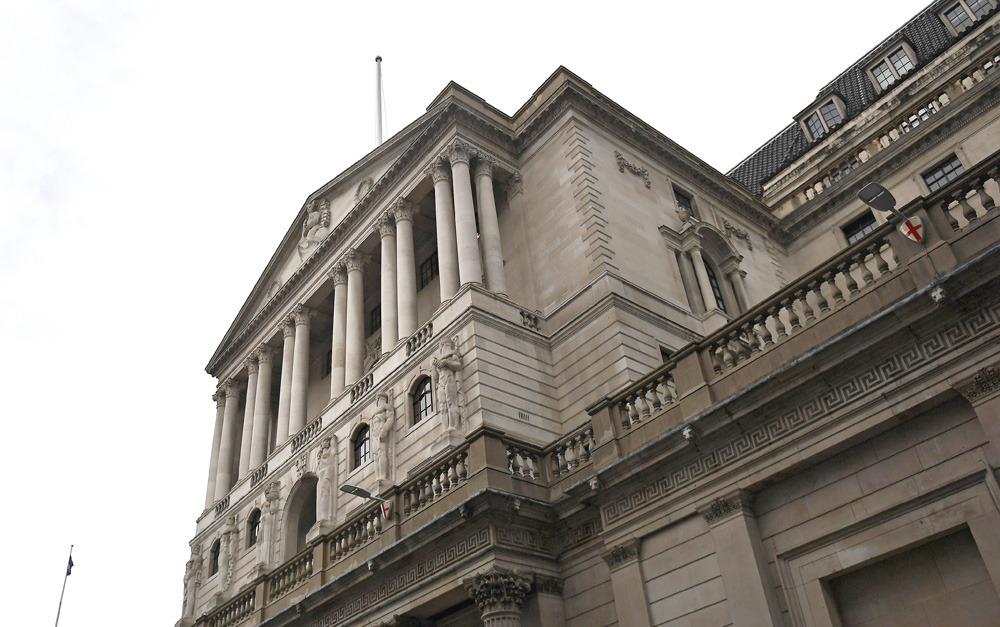Britain’s debt topped £17bn in December, an increase of 15% on the previous year.
UK government borrowing reached a new record in December of £17.3bn, up 15% in one year, the Office for National Statistics (ONS) reported today.
Experts point out that the increase in public debt is mainly due to higher spending on health, education, defense and social welfare.
Borrowing, the difference between spending and tax revenue, came to £27.4bn, the most for any December since records began in 1993.
Experts pointed out that inflation was the main factor behind the increase in loans. Inflation is at its highest level in 40 years, putting millions of households under pressure.
This is due to the increase in domestic energy costs, which doubled its price compared to the previous year.
To mitigate these costs, the Government reduced energy bills for households in England, Scotland and Wales by £400 this winter, and also launched the Energy Price Guarantee scheme, which caps average household bills at £2,500 per year.
In addition, he announced cuts to public spending in an effort to reduce the budget deficit.
However, experts say this will be insufficient to bring debt down to an acceptable level.
The Bank of England, for its part, warned that the high level of indebtedness is a threat to the financial stability of the country.
Multilateral Approach
The government is expected to take a multilateral approach to address the debt problem, including higher taxes, spending cuts and structural reforms.
Grant Fitzner, chief economist at ONS, told the BBC the cost of supporting the energy bill had added around £7bn to the December lending figures.
Meanwhile, interest payable on UK bonds, which the government sells to international investors to raise the money it needs, rose sharply, he said.
This is because many bonds are “index-linked,” meaning that government redemptions increase in line with the retail price index’s measure of inflation, which is currently in the double digits.
However, Bank of England Governor Andrew Bailey said inflation has turned around after falling in November and December, and is likely to fall further in the coming months due to lower energy prices.
At 10.5%, the annual rate of price increases is more than five times the Bank’s current target of 2%.
On the other hand, as the cost of living crisis continues, according to the BBC, the number of companies on the brink of bankruptcy rose by a third at the end of last year, according to data from insolvency firm Begbies Traynor. .
He indicated that he expects this number to continue to increase due to the high cost of living and reduced consumer spending.
Julie Palmer, a partner at Begbies Traynor, said she was receiving an increasing number of calls from business owners concerned about their future.
In that sense, Paul Jones, co-founder of Cloudwater Brew, said the pressure was like an “endless nightmare.”
Jones said his Manchester-based company has been in survival mode since March 2020, due to high costs, debt, low consumer confidence and post-Brexit business problems.
Although he is moving forward, Jones said he is pessimistic about business prospects for 2023.
This article is originally published on radio3cadenapatagonia.com.ar

